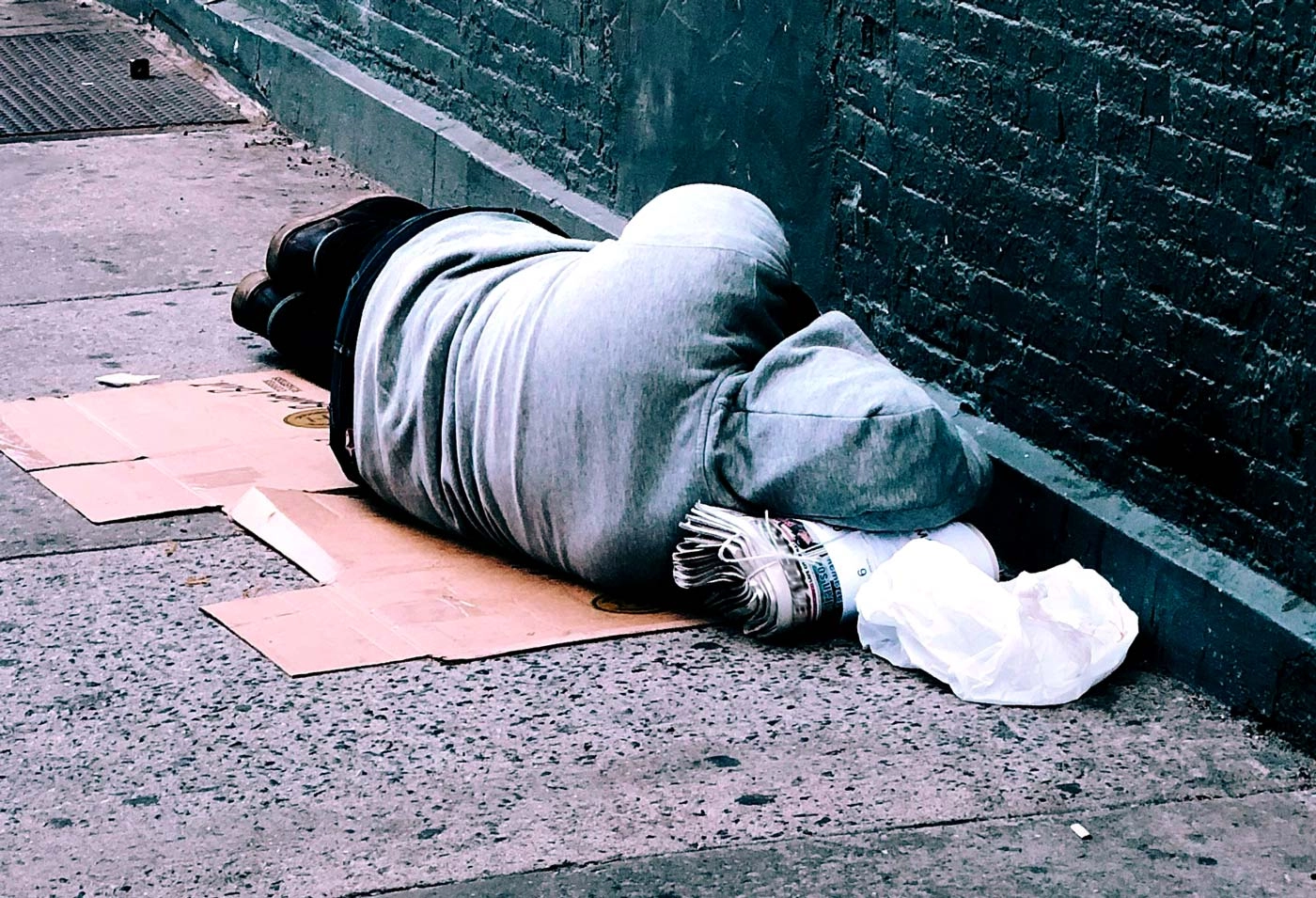Bloom Crisis in Madeira
Madeira for a while has been struggling with the prevalence of a synthetic drug known as Bloom. CNN Portugal recently put the Bloom issue back on the agenda and provided an important yet concerning documentary about the situation in Madeira. Disturbingly, the business and consumption of Bloom occur almost openly, close to the city center of Funchal and downtown Camara de Lobos, attracting the attention of both locals and tourists, including the crucial "returning visitor" market. The drug stems from a powerful manufacturer and has the potential to weaken if not destroy society from the inside.
What is Mephedrone?
The origins of "Bloom" can be traced back to mephedrone, a synthetic stimulant belonging to the amphetamine and cathinone classes. Chemically similar to compounds found in the Khat plant of eastern Africa, mephedrone was first synthesized in 1929 but gained recognition in 1999–2000. Initially legal in many countries, it became available for sale on the Internet by 2000. By 2010, it had spread across Europe and gained notoriety in the United Kingdom, prompting legal bans in various countries. Its legal status varies globally, with bans implemented in Israel, Sweden, and many European countries, as well as the European Union. In Australia, New Zealand, and the United States, it is considered an analog of illegal drugs.
A Cheap Yet Potent Thrill for €5
This synthetic drug, also identified as mephedrone, is causing havoc on the streets of Madeira. Sold at low prices, around €5 per package, "Bloom" induces hallucinations that can persist for several hours. Authorities have responded by establishing a working group to address the issue and consumption in the region. The Regional Government aims to change the law, criminalize consumption, and facilitate internment for those affected. While this is a positive step, ongoing efforts are required to combat the drug's impact effectively.
How Consumer Experience Mephedrone
Mephedrone users report euphoria, stimulation, improved mood, and other effects similar to cocaine, amphetamines, and MDMA. It enhances sociability and gives the consumer a feeling of well-being. The substance comes in tablet or crystal form, and users can swallow, snort, or inject it. The high lasts for about an hour.
China Produces Mephedrone
Notably, China has emerged as a significant exporter of mephedrone, contributing to its global presence. While the production and distribution of this synthetic stimulant occur worldwide, China has played a noteworthy role in the circulation of "Bloom." Sky News has reported that only two months after the UK banned the mephedrone, Chinese factories started producing a variety of new substances to circumvent the laws in the UK and Ireland. The international community thus continues to grapple with the challenges posed by this dangerous substance, emphasizing the need for collaborative efforts to address its impact on communities and individuals.
The stimulant mephedrone, sometimes sold as “bath salts,” is banned in China but readily for sale at the Nanjing Takanobu Chemical Company for about $1,400 a pound. “I can handle this for you legally or illegally,” a company salesman said by phone when asked about shipping the product overseas from the company’s headquarters in coastal Jiangsu Province. “How much do you want?”
New York Times
China As A Global Player in Synthetic Drugs Creation and Distribution
Much like the fentanyl crisis in the USA that has already caused more than a quarter of a million deaths Americans, the drug has initially been produced and shipped from China. While the drugs are obviously banned within China, production and distribution are very much professionalized and sophisticated. Ordering through the Internet is easy. While the economic implications of such illicit markets may not be ideal, it is apparent that China perceives the drug trade as a global instrument to undermine democratic societies.
Faced with intense U.S. diplomacy, China placed the entire class of fentanyl-type drugs under a controlled regulatory regime in May 2019 and two key fentanyl precursors already in 2018. Following the scheduling, Chinese traders switched to selling precursor chemicals to Mexican drug cartels.








Comments